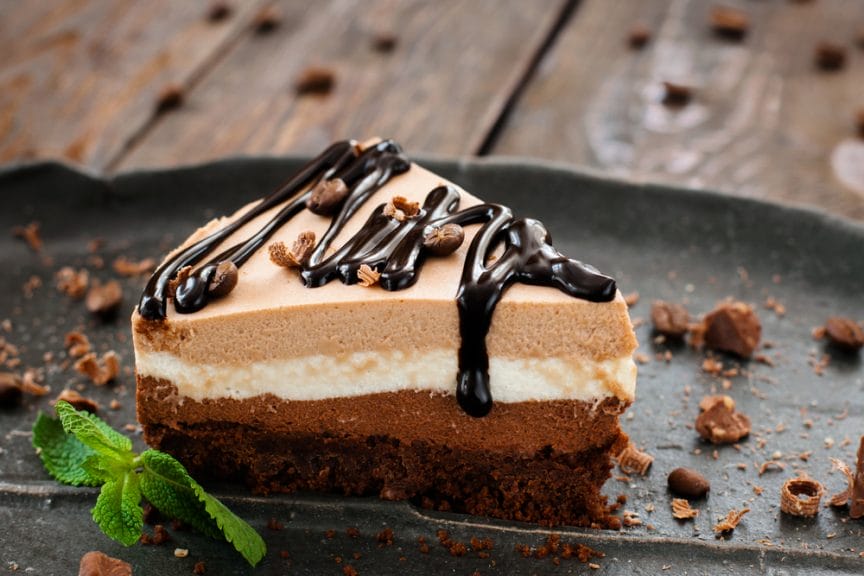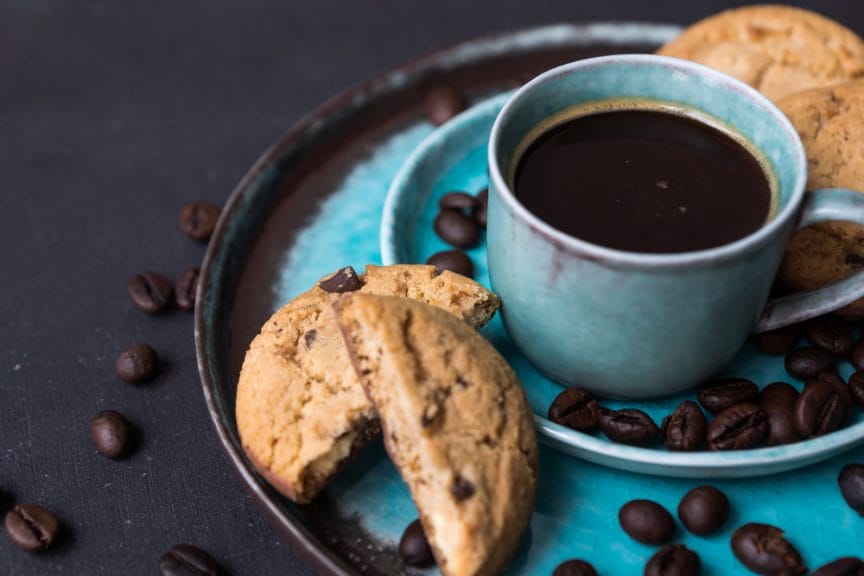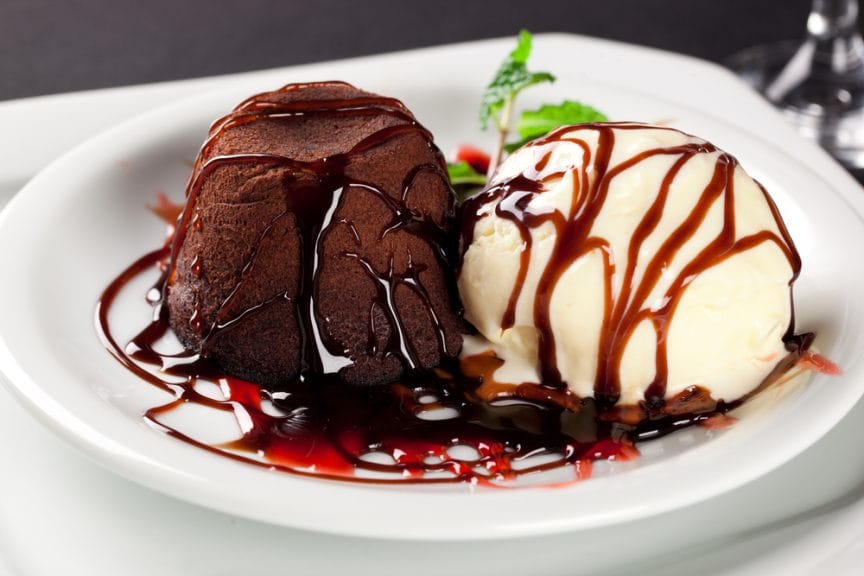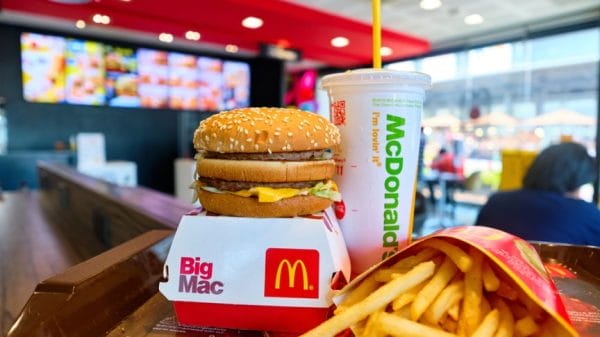Have you Ever craved something deliciously sweet even after having a big feast? That feeling is known as dessert stomach, and it’s an actual thing!
Imagine this: You’ve just had a delicious meal, and you’re convincing yourself that you’re full. But then, someone mentions dessert, and suddenly, you’re ready to eat again.
Desserts have this magical way of making us forget about feeling full. It could be a homemade cake that brings back good memories or a one-of-a-kind dessert from a restaurant. They’re like the encore of a great meal, and we all find it hard to resist them.
The question as to why this happens can now be answered by scientific proof, one of which is something called sensory-specific satiety.
Sensory-specific satiety might be the answer

Satiety is that sensation of being full and content after a meal. When talking about sensory specifics, it implies that when you eat more of a meal, your pleasure in that specific meal diminishes the more you consume it. However, your appetite for other types of food doesn’t change.
That’s why even though the first few bites from that tasty chicken tender sandwich or that bowl of savory poutine are impeccable and do their job of satisfying your needs at that moment, that rush of excitement you once started with slowly dissipates. It gradually fades until you declare, “I’m full,” unable to take another bite.
That’s when you begin to become more receptive to other types of textures and tastes of foods than the ones you initially chose. When you eat dessert, you are exposed to a whole new experience with different flavors and smells, so if you start with a savory dish, your desire for something sweet grows and vice versa. You deceive your subconscious into believing that you aren’t full, but if you were given that same bowl of poutine, a flavor that’s now become boring to you, instead of a piece of cake, you wouldn’t want to eat it.
The gut microbiome is also a possibility

The bacteria that live in our digestive systems, particularly our stomachs, are known as gut microbiomes. They interact with our immune system to support our health and are crucial in helping us digest food that our bodies cannot process on their own.
A number of behaviors have been proven to be influenced by the gut microbiome, and according to New Atlas, researchers at Caltech have demonstrated that mice with antibiotic-disturbed guts consumed a lot more sweet treats than healthy mice, which suggested that bacteria may have an impact on the compulsive consumption of desserts.
It could be out of habit

However, most of the time, our cravings for something sweet are brought on by our habit of eating them at particular times. Maybe a bowl of ice cream is how you wind down after eating a meal, or having a chocolate chip cookie and some tea is your go-to bedtime routine.
We associate these sugary treats with feelings of comfort and joy due to the fact that they release serotonin in our bodies. These habits provide us with the dopamine rush that encourages us to stick with it because of how great it makes us feel afterward.
Post-meal desserts and their benefits

Even though we all wish we could be one of those people who are always in excellent health and never feel the need to indulge in sweets, the majority of us just can’t maintain that kind of lifestyle. It’s hard because we often enjoy eating various sweets, such as cake, ice cream, brownies, cookies, etc. They can be just the thing that brightens our day or gives us something to look forward to when finishing a school assignment.
While it’s unrealistic to expect us to give up everything sweet and go cold turkey, limiting how much we consume could benefit us in the long run. Desserts are considered to be a source of energy for our bodies, meaning that small amounts of it can actually be beneficial.
Experts say that the ideal time to savor anything sweet is after a meal, particularly after lunch. So, if you have a dessert after a heavy lunch, you actually get advantages from the nutrients in your meal, which helps to balance your blood sugar from the sweetness of it all. It also satisfies our body’s nutritional requirements for a well-rounded diet, which explains why we often save space for dessert.
In Conclusion
The next time you get that urge to munch on something sweet after a meal, just know that your dessert stomach is real and that there are likely reasons for it.













